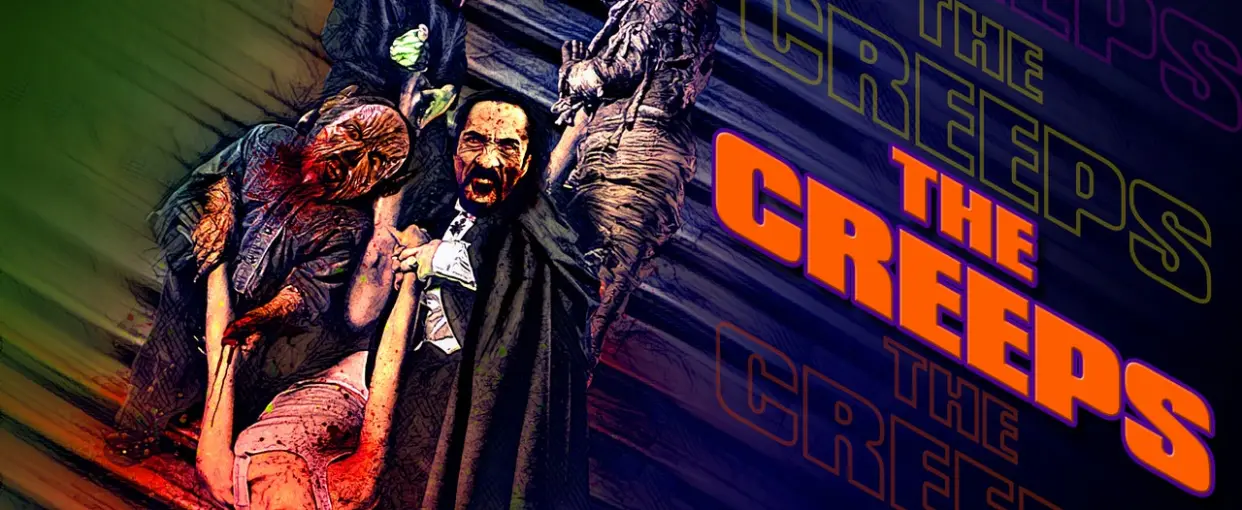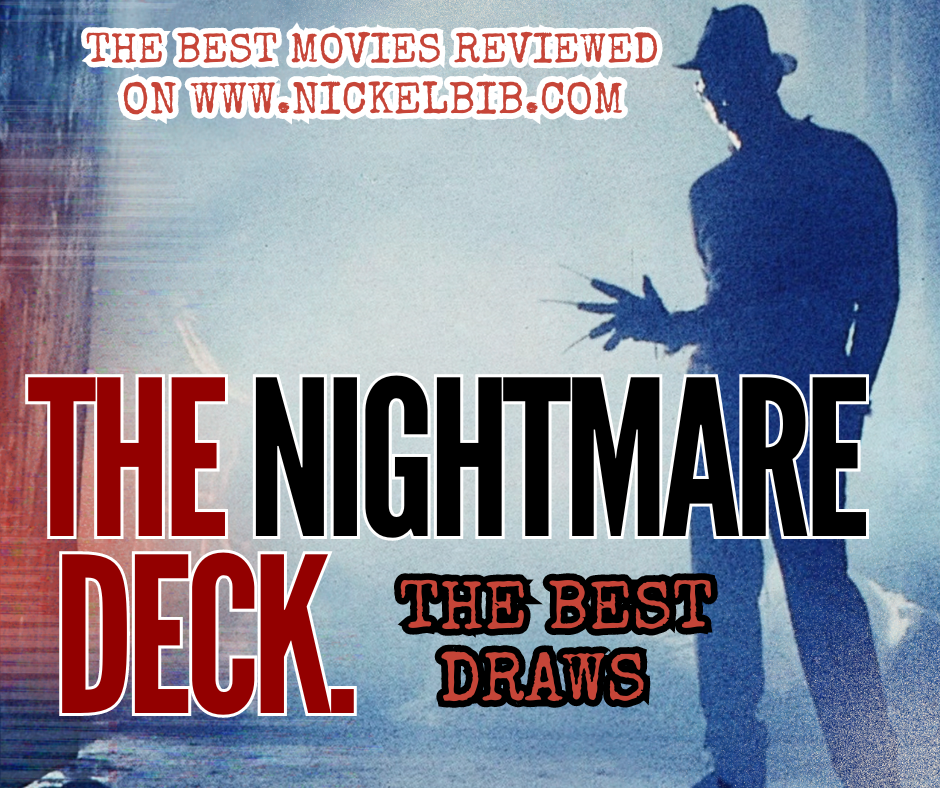Monster Hunt was a successful film, grossing nearly 400 million dollars (the highest-grossing film in China at the time) from a budget of nearly 60 million, justifying a sequel also, which came out earlier this year. Monster Hunt is a 2015 Chinese-Hong Kong fantasy action-comedy film directed by Raman Hui, a director known stateside for his co-director participation in Shrek the Third. Set in a distant past, at a time when humanity existed alongside monsters, it’s said they once shared the world in peace and harmony until humans drove Monsters out from their home, looking to monopolize the land. The story follows a nervous boy named Song Tianyin, made mayor of a village after his father’s passing, who becomes pregnant (really) with the Monster Queen’s baby. Song soon meets a Monster-hunter who accompanies him on a journey that’s main theme (according to the director) is acceptance.
Oh, and it’s sometimes a musical in some scenes, an observation I only about after about fifteen minutes into the film, and a fact I’d say is admittedly forced. It’s obvious it’s meant to further register a certain thematic energy, but I’d argued it only bloated the film’s run-time and that it stood to accomplish the same feat without it.
The special-effects in this film were something I was curious about heading in. China may soon overtake the United States as the leading theater industry, but they’re films aren’t nearly on the same level as the special-effect heavy films we’re accustom to stateside. The first comparison I drew upon seeing them was of the Star Wars prequel trilogy, a time I’d call the “awkward” years of special-effects where most of the kinks were still being worked out. The special-effects scene in Monster Hunt aren’t as bad as what I’ve seen and certainly could’ve been worse, for instance, the placement of creatures’ feet is usually presented with more attention to detail than merely feeling like they were pasted in the film in post-production. All the same, they have a very apparent CGI-quality about them, a visual aesthetic thankfully appropriate with the film’s cartoonish nature. However, more attention to detail could’ve been given to the characters, the monsters always have the squeaky-cleanness of their character models, never picking up dirt or details from the scenery around them.
The characters featured in the film are presented in an almost slap-stick style, with the charmingly goofy approach I mentioned. If the director’s most notable credential is for Shrek the Third, its mentionable the humor is in-check tonally with that film. Monster Hunt occasionally feels like a live-action adaptation of a cartoon that doesn’t exist, like the live-action adaptations of Garfield or Scooby Doo, with scenes that admittedly feel a little jarring to see in real-life, simply because it’s not what’s common. If we’re arguing in-regards to actual substance, admittedly: the romantic subplot is undercooked and inorganic, the relationship between the monster and the main-character feels contrived and unearned, the film’s runtime of nearly two-hours could’ve (and should’ve, in my opinion) been cut by around twenty minutes to half-an-hour for such a simple concept, and finally, although the film is light and breezy, the film’s final act didn’t stick the landing like I’d have hoped, feeling messy and chaotic.
Monster Hunt isn’t a ground-breaking social-commentary on acceptance and the treatment of those different from yourself, but a recycled retelling of familiar tropes and ideas long-since treated. Fortunately, for the most part, it’s an enthusiastic, energetic film that’s colorful and, as I’ve said, charming, depending heavily on its absurdity and zealousness with its substance or lack thereof presented as an aside. It’s a likable film that won’t bring a strong reaction one way or the other, and it isn’t a bad film to serve as the first Chinese film reviewed on Nickelbib.





